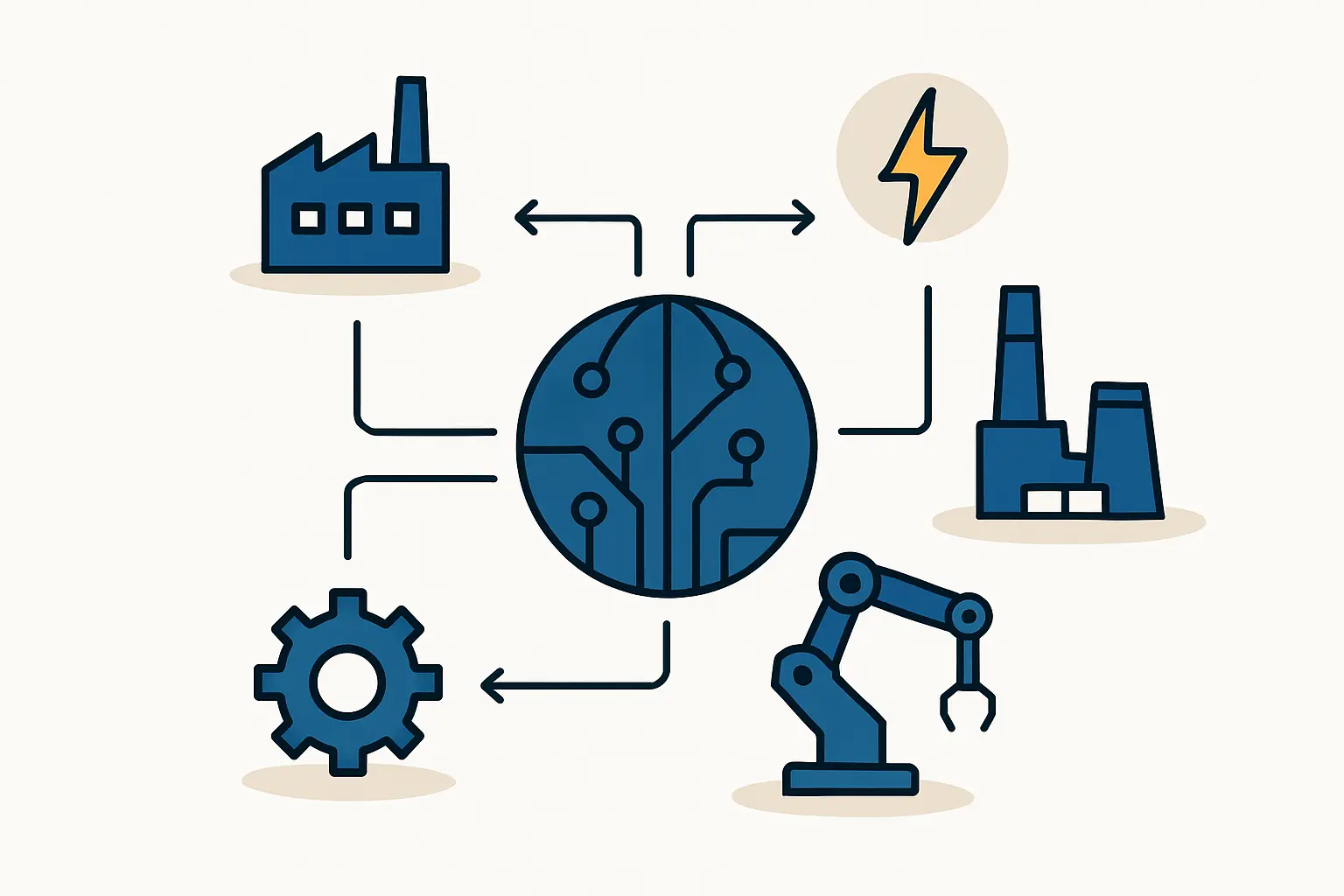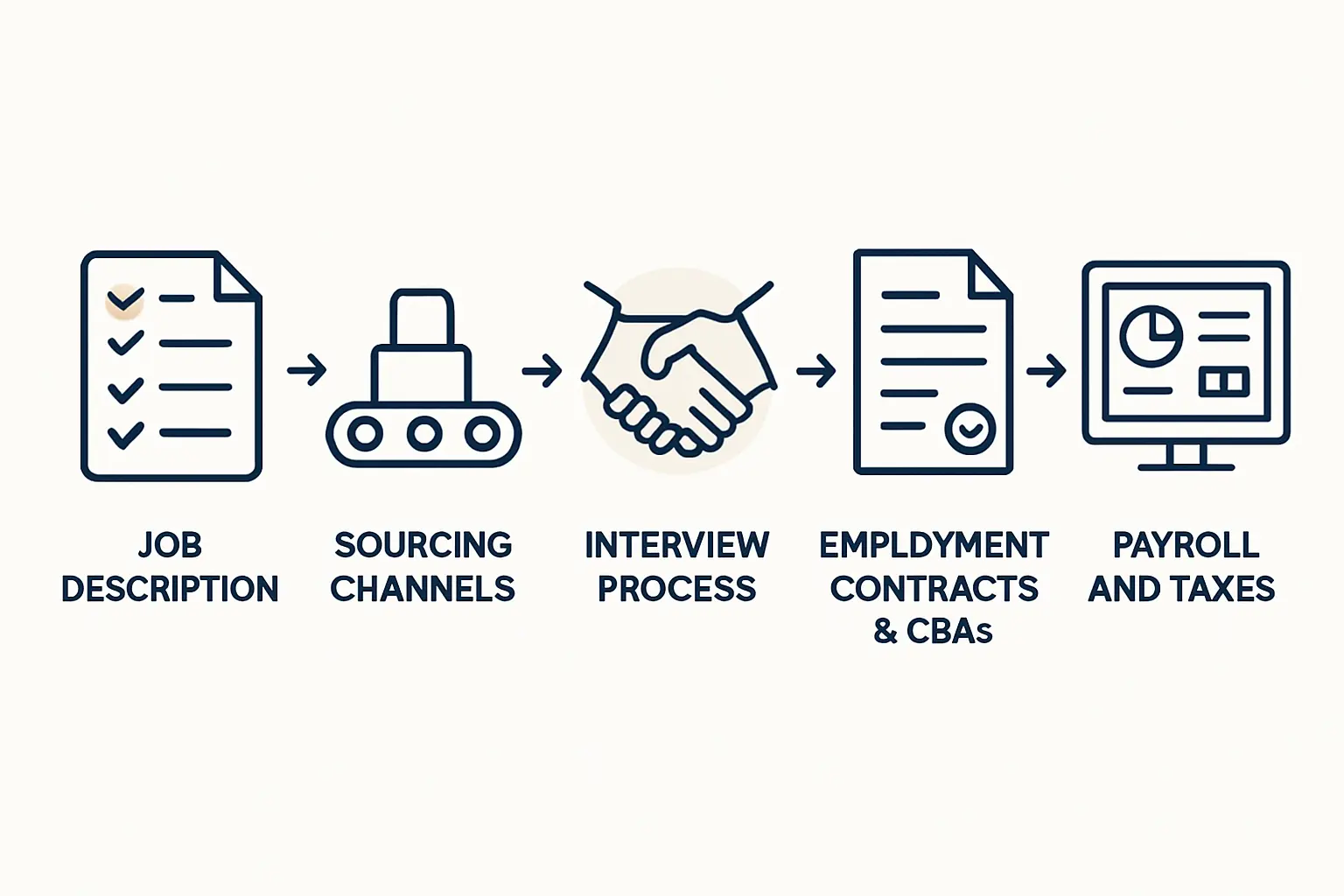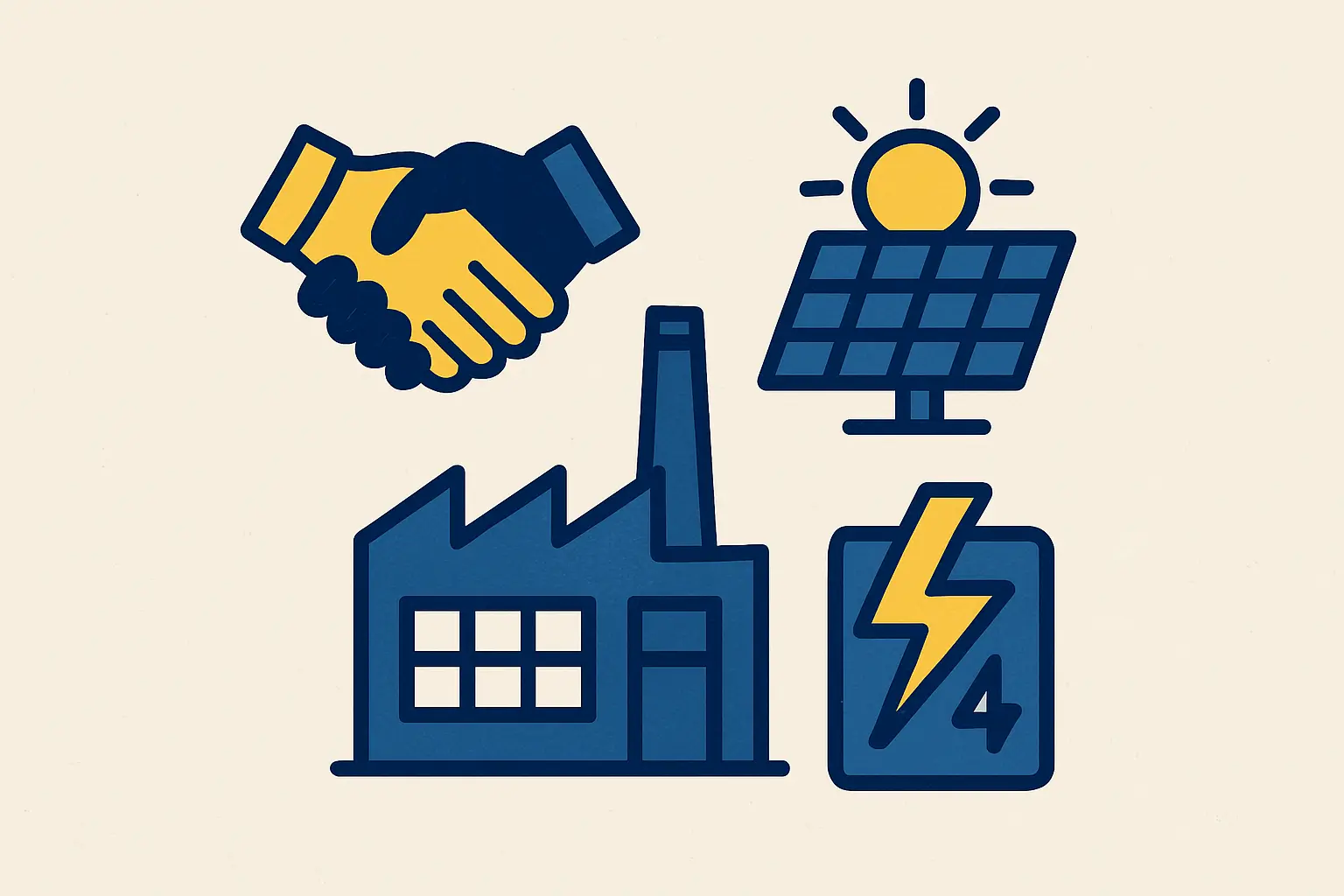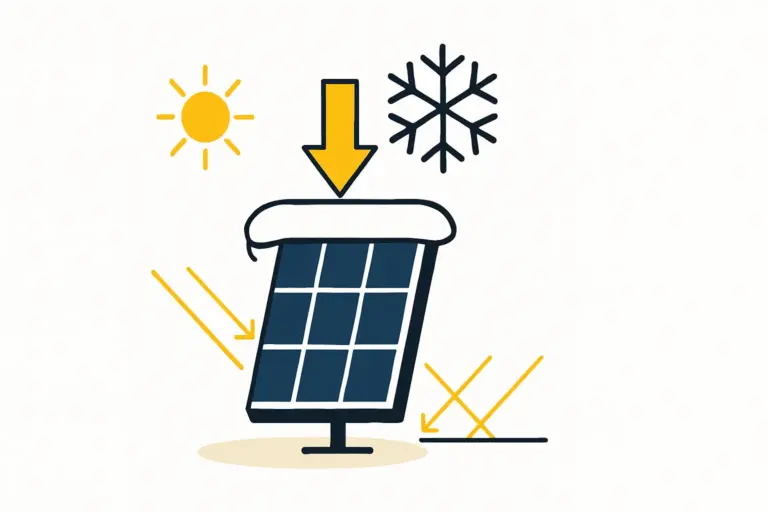When considering a new location for a high-tech manufacturing facility, entrepreneurs often focus on logistics, energy costs, and government incentives. Yet a critical and often underestimated variable is the availability of a skilled, reliable workforce.
Finland offers a compelling example—a country whose technology legacy has created a unique and advantageous environment for advanced manufacturing, including solar module production.
This article explores the Finnish labor market’s suitability for such ventures, examining the talent pool, typical salary structures, and the cultural context that influences operational success. Understanding these elements is key to evaluating the viability of establishing a factory in the region.
Why Finland’s Labor Market is a Strategic Asset
The modern Finnish workforce is, in many ways, a product of its industrial history. The global success of companies like Nokia in telecommunications and electronics cultivated an exceptionally deep pool of engineering and technical talent. While the market has since evolved, this legacy provides a robust foundation of skilled professionals accustomed to the precision and quality standards demanded by high-tech manufacturing.
Key advantages include:
-
A Highly Educated Workforce: Finland consistently ranks among the world’s top countries for education. Its universities and vocational schools produce a steady stream of graduates in science, technology, engineering, and mathematics (STEM) fields, ensuring a sustainable pipeline of new talent.
-
Widespread English Proficiency: English is widely spoken in the Finnish business and technology sectors, virtually eliminating language barriers for international management and technical teams and simplifying training, documentation, and day-to-day operations.
-
A Culture of Stability and Reliability: The Finnish work culture is characterized by a strong sense of responsibility, punctuality, and a commitment to quality. These traits create a stable and predictable operational environment—a crucial factor for a new manufacturing plant.
For entrepreneurs in regions where specialized technical talent is scarce, Finland offers a compelling alternative built on proven expertise.

Key Roles and Talent Availability
A solar module factory requires a specific set of technical competencies. Fortunately, the skills honed in Finland’s electronics and advanced manufacturing sectors are highly transferable. A typical team for a 20–50 MW production line requires fewer than 30 employees, with key roles including:
-
Process Engineers: Responsible for optimizing the production line, troubleshooting, and ensuring process stability—analytical roles for which Finland’s engineering graduates are well-equipped.
-
Skilled Machine Operators: Technicians who manage the daily operation of sophisticated equipment like stringers, laminators, and testers. The country’s strong tradition of vocational training produces operators with excellent technical aptitude.
-
Quality Control (QC) Technicians: Professionals tasked with monitoring product quality at every stage, from incoming materials to the final module. Their precision-oriented mindset is a significant asset.
-
Maintenance Staff: Technicians with electromechanical skills to ensure machinery runs with minimal downtime.
The availability of professionals for these key roles and responsibilities in a solar module plant is strong, particularly in technology hubs like Helsinki, Tampere, and Oulu. Based on J.v.G.’s experience with turnkey projects, the ramp-up time for a new team in Finland is often shorter, thanks to the workforce’s strong technical foundation.

Understanding Salary Expectations and Labor Costs
Labor costs are a primary component of a factory’s operational budget. While Finnish salaries are competitive within the European Union, they are balanced by high productivity and skill levels. A clear understanding of these costs is essential for accurate financial planning.
Below are typical gross annual salary ranges for key positions in a Finnish advanced manufacturing facility. These figures are illustrative and can vary based on experience and location.
- Process Engineer: EUR 55,000 – 75,000
- Quality Control Manager: EUR 50,000 – 65,000
- Skilled Machine Operator: EUR 35,000 – 45,000
- Maintenance Technician: EUR 40,000 – 55,000
It’s important to note that these figures do not include social security contributions and other statutory costs, which employers must also factor into their budgets. These labor costs are a significant part of the overall investment requirements for a solar factory and should be carefully modeled in any business plan.
Training and Skill Development
While the Finnish talent pool offers a strong technical foundation, new employees will not arrive with experience on a particular solar module production line. A structured training program is therefore essential.
The Finnish educational system fosters an aptitude for learning, making staff receptive to new technical processes. A comprehensive training program, often included by turnkey line providers like J.v.G. Technology GmbH, typically involves:
- Theoretical Training: Covering the fundamentals of photovoltaic technology and the specific production process.
- Hands-On Machine Training: Conducted by experts from the machine manufacturers to ensure operators are proficient and safe.
- Process Integration Training: Focusing on how the entire line works together to produce a high-quality final product.
A client from the Middle East, Mr. Goyal, noted that the proactive and technically inquisitive nature of his Finnish team allowed them to master the production process faster than anticipated, significantly reducing the time to reach full capacity.
Navigating Finnish Work Culture
Understanding the local work culture is vital for effective management. The Finnish workplace is generally characterized by:
-
Flat Hierarchies: Decision-making is often collaborative, and employees are encouraged to voice opinions and suggest improvements, regardless of their position.
-
High Autonomy: Employees are typically given clear responsibilities and the independence to execute their tasks. Micromanagement is generally not well-received.
-
Work-Life Balance: Punctuality is valued, both in starting and ending the workday. This respect for personal time contributes to a motivated and focused workforce.
For an entrepreneur setting up a new operation, embracing this culture of trust and empowerment fosters higher employee engagement and a proactive approach to problem-solving on the factory floor.

Frequently Asked Questions (FAQ)
Is it difficult to recruit English-speaking staff in Finland?
No. English proficiency is extremely high, especially among professionals in the technology and engineering sectors. It’s the standard business language for most international companies operating in Finland.
What are typical employment contract terms in Finland?
Finnish labor law governs employment terms. Contracts are typically permanent after a probationary period (a maximum of six months). Notice periods are statutory and range from 14 days to six months, depending on the length of employment.
Do we need to hire staff with prior solar industry experience?
Not necessarily. While direct experience is a bonus, it isn’t a prerequisite. It’s often more effective to hire individuals with strong backgrounds in electronics, automation, or general manufacturing and provide them with specialized training. The pvknowhow.com platform provides structured e-courses to help management build this foundational knowledge.
Conclusion and Next Steps
For entrepreneurs exploring locations for advanced manufacturing, Finland makes a compelling case. Its combination of a highly skilled, English-speaking talent pool, a stable business environment, and a work culture rooted in quality and reliability addresses one of the most significant operational risks: sourcing the right people.
Finding the right team is a foundational step for a successful venture. By understanding the dynamics of the Finnish labor market, an investor can make a more informed decision and lay a strong foundation for a new manufacturing enterprise.
This analysis of human resources is an early step in a much larger journey. To understand how it fits into the complete project timeline, it helps to review a comprehensive guide on how to start a solar factory.






